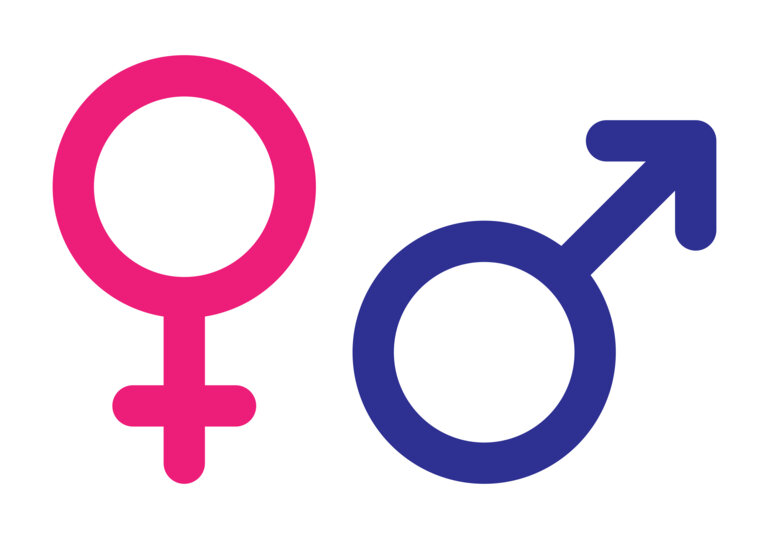During the COVID-19 pandemic, real-world data have shown they can support clinical decision-making in complex situations but extensive bureaucracy is still a limiting factor
The past year has seen the emergence of several collaborative initiatives to gather real-world data (RWD) on the implications of the COVID-19 pandemic for cancer patients on an international scale. Some argue that the time has come to ramp up investment and accelerate the integration of real-world evidence (RWE) into decision-making processes in oncology globally.
Cancer registries are nothing new, with their worldwide tally currently at around 700, yet they still only cover an estimated 21 percent of the total population, and as little as eight percent in Asia (International Cancer Control Partnership). This is considered by many to be a missed opportunity to better understand and improve care as it is actually delivered in the clinic.
In 2017, ESMO launched the Evaluating Medical Oncology Outcomes (EMOO) in Asia Study (Annals Onc. 2019 November;30(9):ix132), in collaboration with the International Agency for Research on Cancer (IARC), the Danish Cancer Society (DCS) and national partners in Singapore, Malaysia, Indonesia and Thailand, with the aim to create clinical population-based cancer registries at a local level, starting with a pilot project looking at lung cancer.
Across the four chosen regions, data are being collected on patient demographics and clinical features including type and stage of the lung cancer, histopathology and presence of genetic mutations driving the disease at the molecular level. “The goal was then to analyse outcomes like stage at diagnosis, types of treatment adopted for these cancers and survival,” says Ravindran Kanesvaran, National Cancer Centre, Singapore, who led the project in his home country. With the results to be published later this year, Kanesvaran reveals that analysis of the data collected on 2,200 patients has shown unequal levels of care in each of the countries involved. “Overall, few patients actually had the genetic mutations driving their cancer identified, because certain types of molecular tests required to do so are not readily available in many parts of southeast Asia, despite the fact that some of these drivers are very common,” he says.
Kanesvaran expects that the oncology societies of the countries participating in the project will be able to leverage these insights and lobby their respective governments for funding to maintain and expand the databases in the long term.
Decisions on where to invest to improve outcomes for cancer patients – whether it is research, resources for clinical care or oncology training – must be guided by real-world information on how patients are actually doing, how the treatments they are offered and their survival rates compare with global standards
He also adds: “One can also hope that, more than a year into the COVID-19 pandemic, there is now widespread understanding of the fact that generating this kind of data is an essential expense.”
RWD and COVID-19: getting answers quickly in a crisis
When the COVID-19 pandemic outbreak reached Europe in early 2020, the urgent need for evidence to support decision-making for her lung cancer patients is precisely what motivated Dr Marina Chiara Garassino, University of Chicago, US, to start an international data collection effort on COVID-19 in individuals with thoracic cancer. “We suspected that these patients’ older age, smoking habits and comorbidities would put them at increased risk of severe complications from the coronavirus disease, and soon got the feeling from our clinical practice that they were indeed faring worse than other cancer patients,” she recalls.
A mere month after the creation of the TERAVOLT (Thoracic Cancers International COVID-19 Collaboration) Registry, its preliminary data was presented at the AACR (American Association for Cancer Research) Congress 2020 (Lancet Oncol. 2020 June 12;21(7):914-922). With 220 centres worldwide having joined the project since, the database now includes information about 1,400 patients. “We are still collecting data on treatment and outcomes, as well as trying to determine to what extent thoracic cancer patients having survived an infection with coronavirus suffer from sequalae, but at this stage we are confident about several key findings. One is that most cancer treatments, with the possible exception of chemotherapy, are not harmful in the context of a coronavirus infection,” reports Garassino who is the global principal investigator for the study. “Another is that, unfortunately, the mortality rate of thoracic cancer patients with COVID-19 is over 30 percent – far higher than among the general population or even the cancer patient population.”
One of the major advantages of collecting data from many institutions around the world, according to Garassino, has been to ensure insights can be extrapolated beyond individual sites: “Initially, we thought that the reported mortality was due to resource shortages and would be limited to the countries that had large outbreaks early on, like Italy and Spain. The more data we gathered from other countries, the clearer it became that the death rate was consistent across this patient population,” she highlights. Among other things, this knowledge now informs the study’s recommendation that thoracic cancer patients should be treated as a high-priority group for vaccination against COVID-19 as well as all people with cancer.
Real-world evidence for treating real-world populations
While clinical trials remain fundamental to investigating the efficacy of new therapeutic agents such as the COVID-19 vaccines, their comparatively short follow-up periods and strict inclusion criteria may leave important questions unanswered and entire groups – like cancer patients – underrepresented. According to Luís Castelo-Branco, Algarve Medical and University Centre, Portugal, steering committee member of the ESMO-CoCare Registry, RWD can fill these information gaps. Launched in 2020 to gather data about treatment approaches and the impact of COVID-19 across all cancer types, ESMO-CoCare has also been tracking cancer patients vaccinated against COVID-19 since the start of global vaccination campaigns. “Most of the vaccine trials did not include cancer patients, so it will be important to assess the safety and effectiveness for this population, and find out whether certain vaccines are preferrable to others in various patient subgroups,” he explains.
The first analyses of the ESMO-CoCare Registry, which is still in the process of expanding its collaboration with cancer centres, national societies and local data collection initiatives throughout Europe and Asia, will add to existing knowledge about cancer treatment approaches for patients who contract COVID-19. In the longer term, the planned follow-up of cases registered in the database will also make it possible to answer open questions ranging from the duration of immunisation and rates of reinfection, all the way to how long symptoms of the disease can affect cancer patients and how their outcomes will compare to those of individuals with similar malignancies who never had COVID-19. “The registry will allow increasingly powerful analyses of these questions over time as more and more patients are included,” Castelo-Branco observes.
Overcoming limitations to exploit the full potential of RWD
The large-scale, international data collection may be a unique strength of registries like the TERAVOLT and the ESMO-CoCare, but it also comes with challenges including the extensive bureaucracy involved in adapting to different countries’ ethical and regulatory requirements. According to Garassino, designing a data-sharing framework and anonymisation process to comply with the European General Data Protection Regulation (GDPR) and national legislations around the world has been the TERAVOLT project’s single most difficult task.
The will to cooperate and exchange information has been evident across the scientific community throughout this crisis, but to sustain it for future real-world oncology research, we must find a way to make the data-sharing process less cumbersome
Retrieving information from various sources that collect it for their own distinct purposes, using different electronic health records designed at the national or regional levels also means tackling issues of data interoperability and uniformity. The homogeneity of RWD collection is a key determinant of its quality, as incomplete or inconsistent data can introduce bias into any subsequent analysis. “We have had to define data collection processes with participating entities almost on a case-by-case basis to guarantee their reliability,” Castelo-Branco explains.
Garassino and Castelo-Branco additionally report that many clinicians and investigators are still limited to working on their respective projects in the moments they can spare alongside their clinical activities. “A lack of time and of proper research incentives could undermine both the motivation for this important work and its quality in the long term,” says Castelo-Branco and concludes: “More investment in collaborative registries studies, when efficiently allocated to resources and multidisciplinary teams, can significantly increase the quality of the evidence generated by RWD.”



